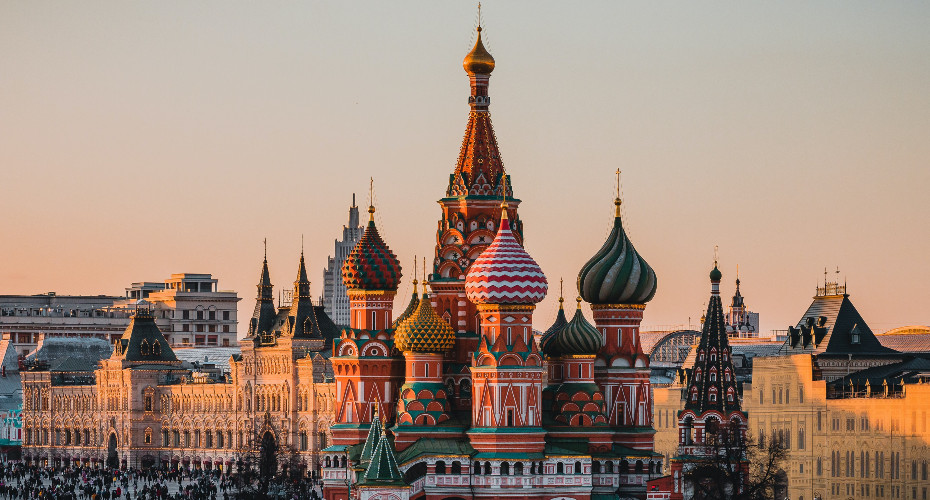Collapse of Russian state entails risk of uncontrollable humanitarian disaster, study warns

A new study warns an uncontrolled Russian disintegration would risk a repeat of the violent, genocidal situations in far less complex territories
A possible collapse in the Russian state may lead to an “unimaginable humanitarian disaster”, resulting from a free-for-all, with Russians and those from the country’s ethnic minority communities scrambling to define new political boundaries.
A new study warns an uncontrolled disintegration would risk a repeat of the violent, genocidal situations in far less complex territories, such as the Ottoman Empire or the former Yugoslavia.
In Eurasia; even a ‘guided dismemberment” of Russia would require the defeat of a nuclear power, and “social engineering over territories over a vast scale with a probably unwilling majority population”.
The analysis, by Dr Kevork Oskanian, from the University of Exeter, says ideological changes in Russian foreign policy away from the ‘imperial’ remain highly implausible under the current Putin regime, but subsequent Russian governments may act differently following a “failed colonial adventure” in Ukraine, and long term economic – and technological – marginalisation.
Dr Oskanian said: “Falling empires have a tendency to crush smaller peoples underneath their weight, and pushing for Russia’s dismemberment may achieve exactly that. In time any Russian military failure in Ukraine may lead to a less “imperial” mindset among the country’s rulers and a move away from their current “exceptionalist claims”.
“It may require patience, foresight, steadfastness, and a managing of expectations, but next time events result in a Russian self-questioning, the challenge for the West and the chastened Russians themselves, will be to push the dial to where it is supposed to be – into a post-imperial mindset, without setting all of Eurasia on fire in the process.
“Failure in Ukraine may very well provide the seeds for such a refashioning of Russia’s exceptionalist claims into something more attuned to the realities of a post-colonial era.”
The analysis says the ongoing assault on Ukrainian statehood has brought Russia’s ‘hybrid exceptionalism’ to the fore, with Moscow exploiting its ambiguous position in International Society to engage with the global South.
Dr Oskanian said: “The idea that Russia’s relations with China might, at some point, move away from the today’s no-limits partnership as the latter starts infringing on the former’s claimed Eastern dominions does not seem far-fetched. Moscow still has to justify dominance over both Western and Eastern regions, and, while Ukraine is central to the Putin regime’s hierarchical claims, it does not appear to have given up on its former Eastern dominions either.”



